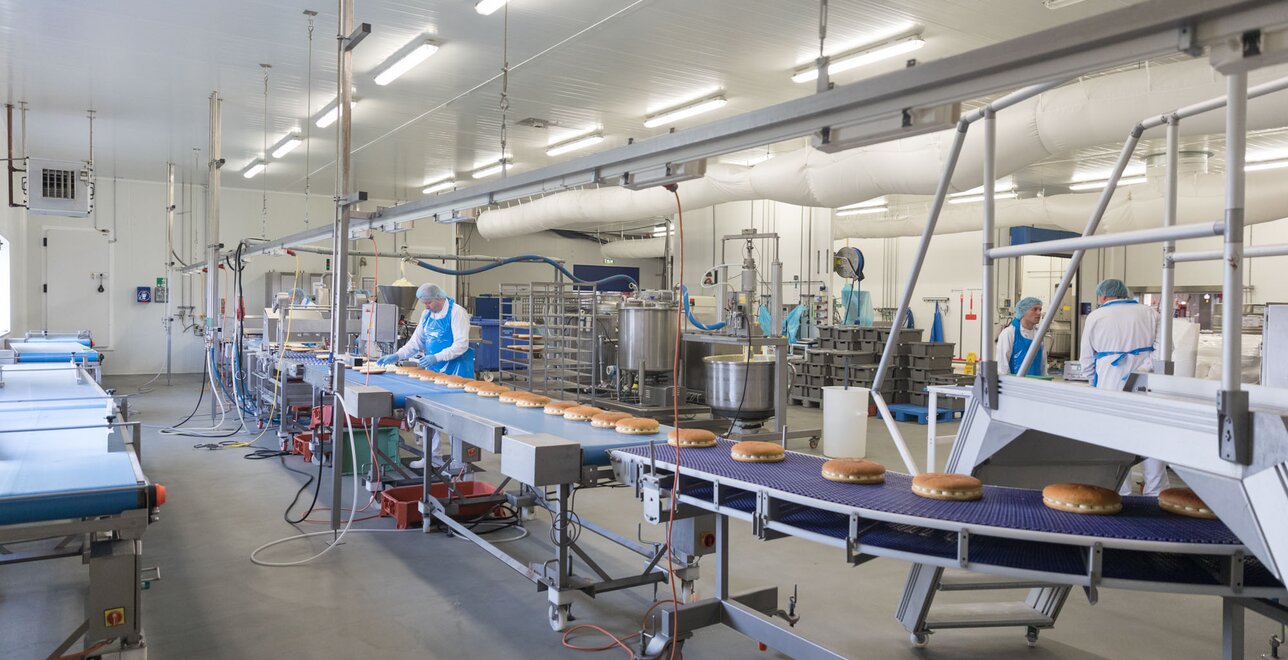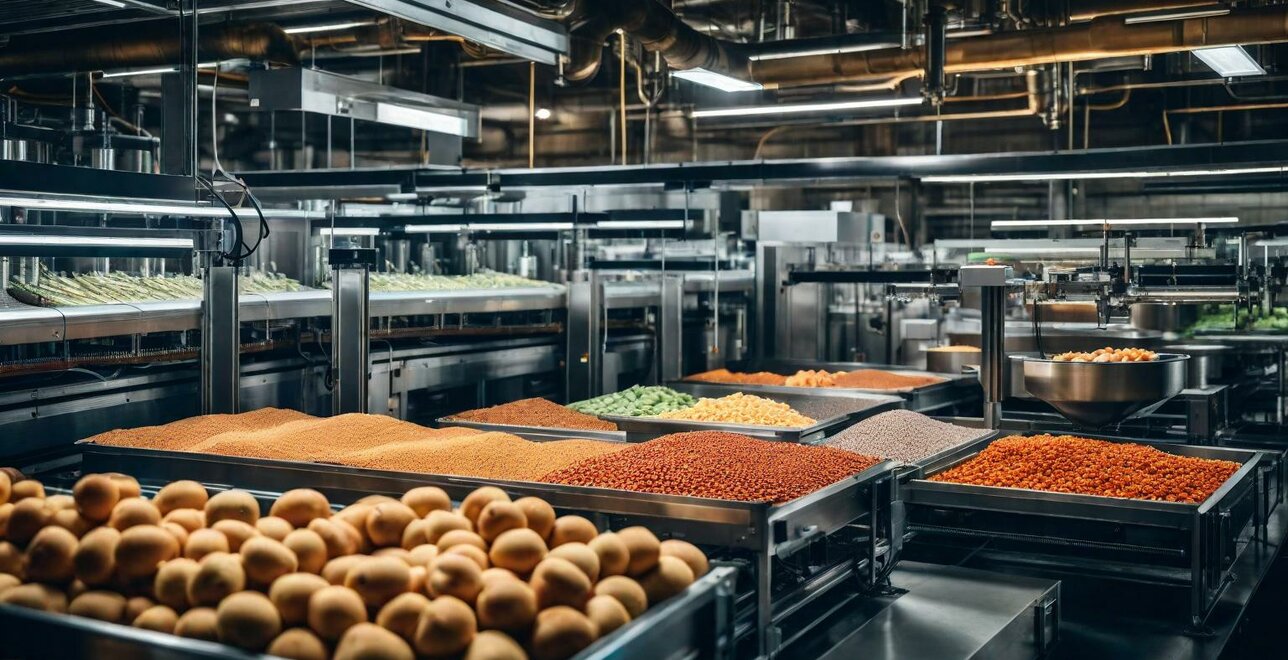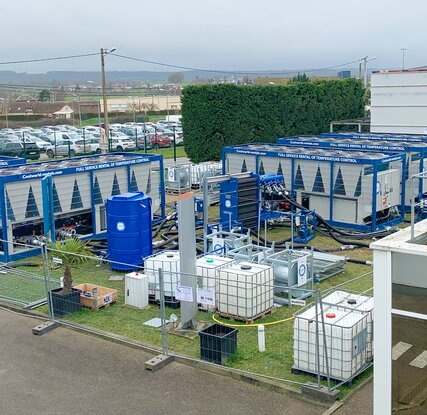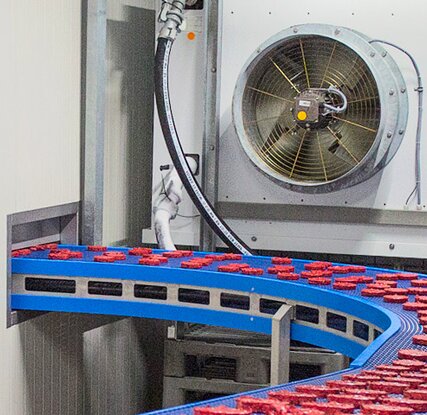The future of sustainability conscious food production
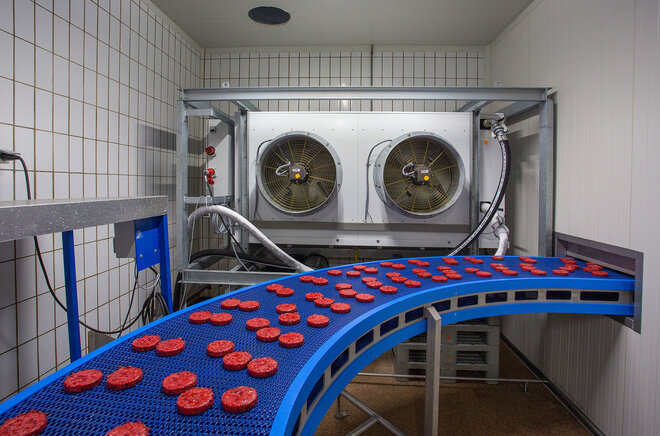
In a time when sustainability is becoming an increasingly important theme, the food industry is transforming into a more environmentally conscious and sustainable sector.
Sustainability in food production
Circular food systems
The transition to circular food systems is a crucial step in sustainability. Highlight efforts to reduce food waste and repurpose residual streams, contributing to a circular economy.
Energy-efficient production processes
Sustainability also involves optimizing production processes. Investigate how energy-efficient technologies and renewable energy sources are applied to reduce the environmental impact of food production.
"The importance of sustainability in the food industry is a pledge to preserve flavors, cultures, and ecosystems."
-
The impact of sustainability in food production
-
Environmental Impact:
- The food industry is a significant contributor to environmental degradation, responsible for about 26% of global greenhouse gas emissions, according to the Food and Agriculture Organization (FAO) of the United Nations.
- Sustainable agricultural practices, including organic farming, agroforestry, and regenerative agriculture, offer viable solutions for reducing the environmental footprint of food production by curbing chemical inputs, conserving water, and bolstering soil health.
-
Water conservation:
- Water scarcity is a pressing global concern, with the food industry accounting for roughly 70% of global freshwater withdrawals.
- Sustainable water management practices, such as drip irrigation, rainwater harvesting, and water-efficient processing technologies, play a vital role in safeguarding water resources and promoting water sustainability in food production.
-
Waste reduction:
- Food waste poses a significant challenge, accounting for one-third of all food produced for human consumption, as estimated by the FAO.
- Sustainable food production practices, such as minimizing post-harvest losses, optimizing packaging and distribution systems, and repurposing food waste for compost or animal feed, are essential for mitigating waste and advancing circular economy principles.
-
Biodiversity conservation:
- Biodiversity loss threatens global food security and ecosystem health, driven in part by unsustainable agricultural practices like monoculture farming and habitat destruction.
- Sustainable farming methods that prioritize biodiversity conservation, such as polyculture, crop rotation, and agroecology, contribute to restoring ecosystem balance, enhancing pollination services, and bolstering resilience against pests and diseases.
-
Social responsibility:
- Social responsibility is a key component of sustainable food production, encompassing fair labor practices, equitable resource distribution, and community support.
- Certification programs such as Fair Trade and Rainforest Alliance uphold social sustainability by ensuring fair wages, safe working conditions, and community development initiatives for farmers and workers across the food supply chain.
A deep dive into Food Industry practices
In the pursuit of sustainability within the food industry, the nuanced influence of temperature stands out as a crucial factor, contributing significantly to various aspects of environmentally conscious practices.

Efficient Cold Chain Operations
Precise temperature control along the cold chain proves essential in preserving product freshness, extending shelf life, and fundamentally reducing overall food waste.

Preservation of Nutritional Value
Rigorous temperature control throughout the production cycle, from harvesting to packaging, emerges as a linchpin in preserving the nutritional content of food, thereby fostering the production of healthier and more sustainable products.
Emission Reduction through Real-Time Monitoring
The integration of real-time temperature monitoring not only ensures food safety but also contributes to a substantial reduction in emissions by preventing spoilage and maintaining optimal storage conditions.

Adapting to Climate Change Challenges
In the face of climate change challenges, sustainable food production requires the incorporation of resilient temperature control systems. This adaptive approach ensures a consistent level of quality despite the variability imposed by changing environmental conditions.
Temperature's integral role in the sustainability of food production
As the food industry transforms into a more sustainable environment, it is crucial for companies to actively participate in this green revolution. Temperature management within the food industry is a multifaceted strategy that goes beyond waste reduction, aligning with broader sustainability goals. By maintaining precise temperature conditions, producers ensure food safety, quality, and minimize waste. Energy-efficient practices reduce consumption and lower emissions, supporting a more sustainable food system. Additionally, temperature management enhances supply chain resilience, contributing to a reliable and sustainable future. Find out how Coolworld solved this solution in multiple projects.

